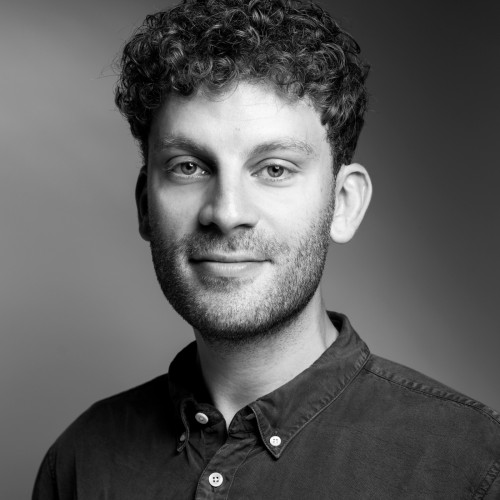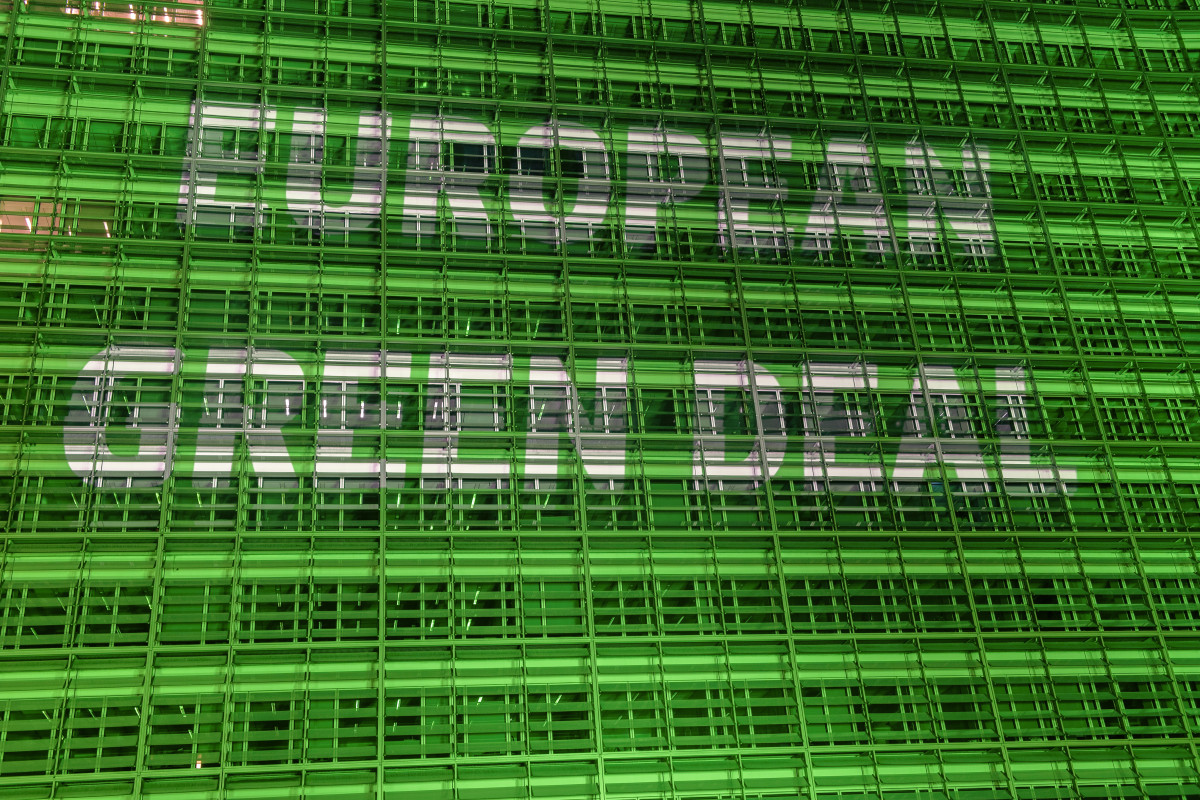How CLEW shows a way out of the Kafkaesque castle that the EU’s energy transition can be
The need for quality journalism on energy and climate policy across Europe has never been greater. But until this day, most reporting has been taking place inside national silos. To counter this and contribute to a truly European media space on Europe’s move to climate neutrality, CLEW now crosses borders itself:
The ‘Dispatch from…’, part of our weekly newsletter, is an alternating contribution from journalists in Poland, France, Croatia, Italy, Germany and Brussels (for the EU as a whole) updating readers on the energy transition in their home country/in the EU capital. Meanwhile, the ‘CLEW Guide to...’ provides the background on where the various countries stand on energy transition and climate policies.
But how did we actually get there? What had to happen ‘behind the CLEW scenes’ in order for you to be able to read the Dispatch and the Guide?
In 2022, soon after I start working at Clean Energy Wire, I end up getting asked by journalists familiar with the ‘old’ CLEW (that was and still is offering them all about Germany’s Energiewende) where they should look to get a condensed and fact-based snapshot of the most relevant developments across borders and from inside the Brussels bubble.
Is this anecdotal evidence? Far from it. In late 2022 and early 2023, I set up an online survey and organised a series of in-person roundtables across Europe. My goal is to find out what journalists covering energy and climate policy in Europe are missing in their reporting. What are their main needs? What would make their work easier? The results are clear: journalists would make leaps of joy if there was a service that looked beyond national borders and at the wider European picture. Colleagues from across Europe confirmed in five round-table discussions that keeping track of Brussels was hard – and following other countries’ energy and climate policies even harder. (An experience a colleague confirmed when he started a full-time position to cover Europe.)
To quote some of the most poignant impressions: “The European Commission is like a secretive church.” / “In French politics, you Europeanise the problem and nationalise the success.” / “We don’t care what is going on in the world, the world is not caring about what is going on in Poland.” / “Italy is slowly turning from a peninsula into an island.”
In short: there is very little knowledge what goes on across the border from your country, and Brussels reminds some people of Kafka’s Castle.
So, starting summer 2023 the CLEW team, in particular Julian and myself, put our heads together and drafted a concept for a regular update from different European countries. We tested it with trusted journalists and experts from our CLEW network. Building on their feedback, Julian created an instruction on how to write our envisaged newsletter. After some fun discussion about the nuances and semantics of words like postcard, telegram or note from… the team decided on the name and we picked our first set of authors. And then it started to get real.
End of September, CLEW’s research tour to Poland in the run-up to parliamentary elections provided the perfect occasion to kick off our new series with the Polish edition, written by our network member Patryk Strzałkowski. Two days before the launch, we organised an online event for our network members and the tour participants, where we presented the Dispatch and the Guide and where Patryk answered all what those on the call wanted to know about Poland and the upcoming vote.
And then, finally, we launched on September 29, 2023. A fantastic feeling to finally (apologies for the not so climate-friendly metaphor) have gotten this project off the ground!
France followed Poland. Then came the EU, Croatia, Germany and Italy, which closed round one on November 3. Besides the immense joy of seeing our team effort turn into a fantastic result, it is also fascinating to read the Dispatches and Guides…
For example: I learned that the word ‘climate’ did not feature prominently in the Polish election campaigns. The Dispatch from France taught me the meaning of the concept of ‘energy sufficiency’. The Dispatch from the EU broke down the concept of ‘contracts for difference’ (CfDs) to me. And did you know what exactly is Italy’s so-called Mattei Plan?
Same goes for the Guides… Did you know that Croatia owns half of a nuclear plant located in Slovenia or that Poland is the second-biggest producer of lithium-ion batteries in the world (after China)? Needless to say that it added to the feeling of having our work recognised when, right after the publication of the CLEW Guides and Dispatches, first media and websites started to refer to them.
Today, on November 10, 2023, Europe is facing many uncertainties. Spain is still without a government after a snap election stalemate in July. National elections are coming up in the Netherlands just two weeks from now. And, last but not least, the 2024 EU Parliament elections are on the horizon. All of these are question marks regarding the implementation of the EU’s climate targets. These and other questions may not have disappeared, but we hope to have provided some answers – or to have facilitated your search for them.
Our Dispatches and Guides are a starting point for improving coverage of European energy and climate policy, and we hope to be able to add more countries over time. In any case, we enter this next phase in the collaborative spirit that sets us apart as a media non-profit. So, tell us what you like, what is missing, and where we can improve via feedback@cleanenergywire.org. We would truly appreciate your response.


